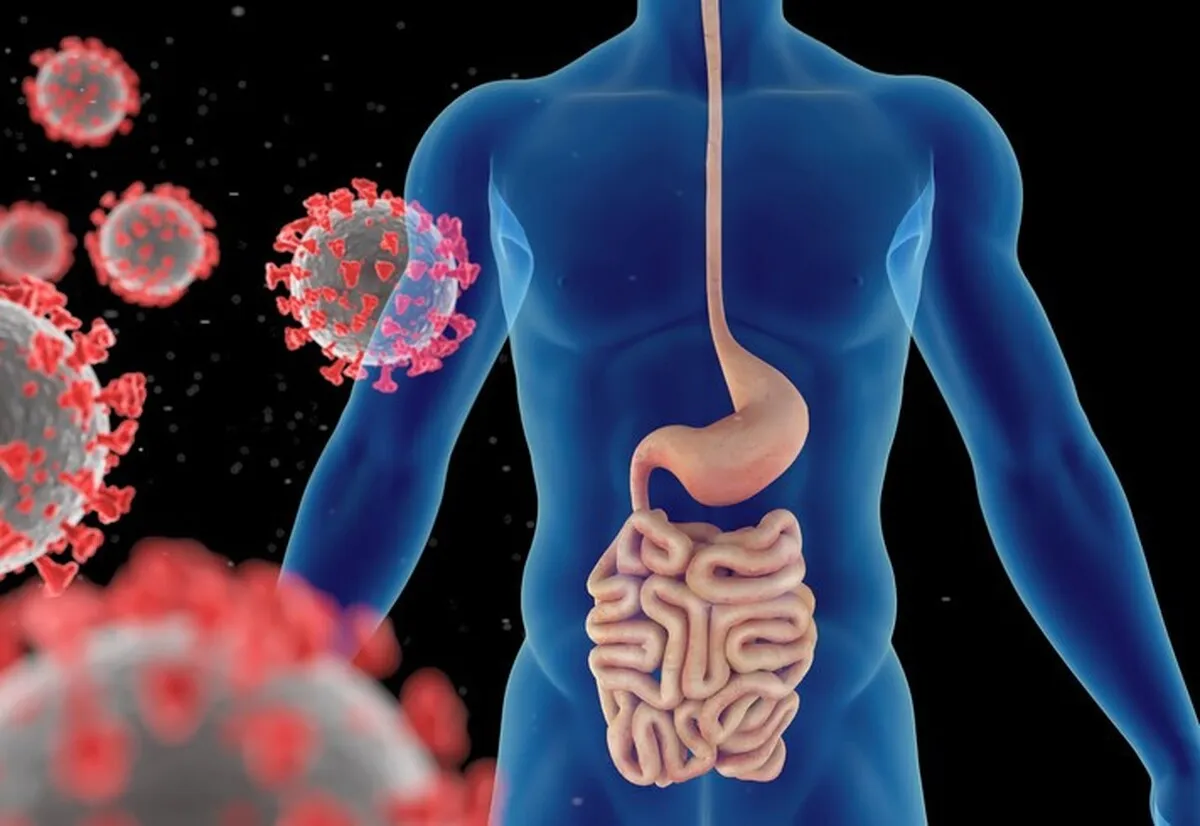Post-COVID Fatigue: Is Your Gut to Blame?

Scientists from the Medical University of Vienna have made exciting strides in understanding post-COVID syndrome (PCS) and the surprising role gut health might play. Their findings, published in the journal Allergy, suggest that a disrupted gut barrier and abnormal inflammation could be key drivers of the persistent fatigue many patients face after a COVID-19 infection, the journal Allergy reported.
Led by Eva Untersmayr-Elsenhuber from MedUni Vienna’s Center for Pathophysiology, Infectiology and Immunology, the team conducted a detailed observational study. They followed the course of SARS-CoV-2 infections and tracked gastrointestinal symptoms before, during, and after illness. Blood, saliva, and stool samples were carefully analyzed to uncover hidden patterns in the body’s response.
The results paint a clear picture: patients who experienced gastrointestinal issues before their COVID-19 infection were more likely to suffer from long-lasting fatigue. Furthermore, these patients showed notable changes in immune system markers. Researchers observed an increased LBP/sCD14 ratio and lower levels of IL-33, indicating weakened gut barriers and altered immune activity. They also found elevated IL-6 levels, a telltale sign of widespread inflammation.
“Our results suggest that SARS-CoV-2 infection can have long-term effects on the immune system and intestinal health that contribute to the development of PCS,” explains Eva Untersmayr-Elsenhuber. She is co-director of the National Reference Center for Postviral Syndromes at MedUni Vienna.
The study underlines the central role of the gastrointestinal tract in the development of long-term consequences after COVID-19. Monitoring gastrointestinal symptoms and biomarkers could help to identify at-risk patients at an early stage and develop targeted treatment strategies. This could be particularly important for the treatment of post-viral fatigue.
“What is particularly exciting is that our study participants were mostly young and healthy before the infection. Even the Covid disease was mostly mild or even asymptomatic. One difference was the more frequently reported gastrointestinal complaints in the group that developed post-viral fatigue,” explains Johanna Rohrhofer from the Center for Pathophysiology Infectiology and Immunology, lead author of the study.
The research team plans to validate the findings in further studies. “The identification of predictive markers for PCS could enable personalized prevention and treatment in the future,” says Eva Untersmayr-Elsenhuber.
4155/v





















